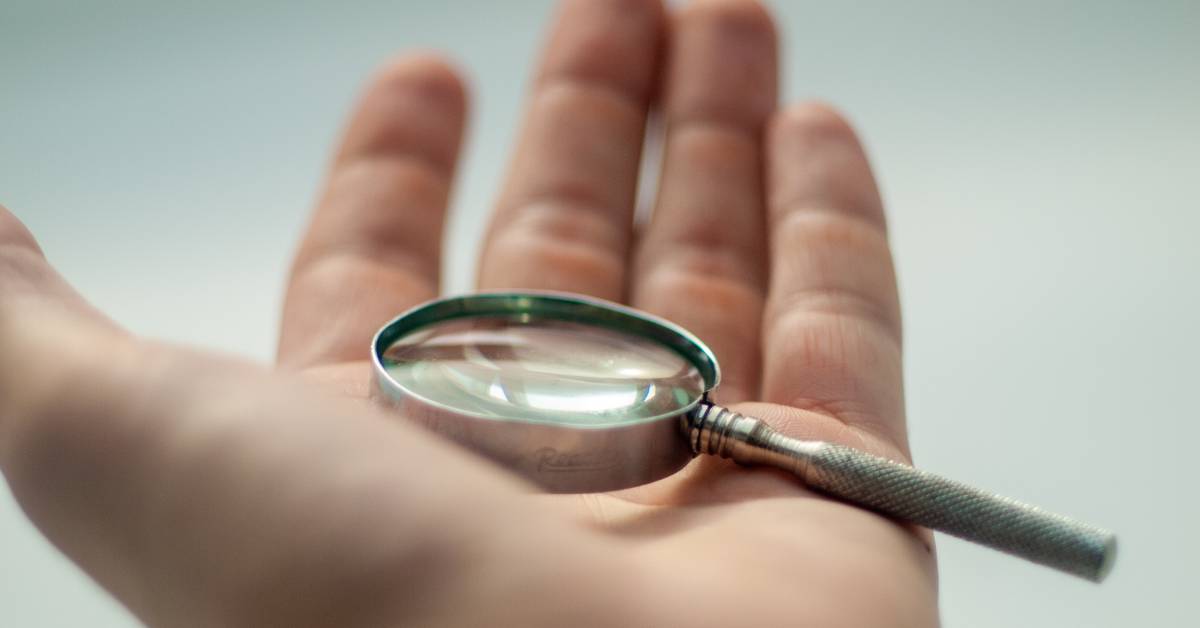Thoughts are not facts: Remember to check the evidence
It’s easy to let your negative thoughts fester. We can all get caught-up in conversations in our heads, especially in unprecedented times such as these. But it’s important to check in with ourselves and ask ourselves, are these thoughts actually facts?
If we took our thoughts of not being good enough as the truth, we’d be in ever-spiralling circles of self-doubt. At the end of the day, we all need to remember that our thoughts are not always accurate depictions of real life.
Here are the steps you can take to productively deal with your feelings of inadequacy…
Recognise self-doubt
During lockdowns when we have nothing to distract ourselves with other than our thoughts, it can become quite difficult to overcome feelings of self-doubt.
An awful lot of people get so caught up with their scripts of self-doubt that they think these emotions define them – but that’s simply not the case. These feelings of self-doubt are just background scripts; old patterns that play out over and over again.
The first step of dealing with self-doubt is to recognise that it doesn’t define who you are. It’s actually just a pattern that you need to identify.
Check the evidence
A thought is just a thought. It is not a fact. If you ever find yourself buying into your own thoughts and believing the negative things you think, stop and check the evidence. Ask yourself if you’re catastrophising and identify whether you’re picturing the worst-case scenario rather than simply examining the facts.
Thinking about where you got the information that informed your negative thoughts from, will allow you to recognise that your assumptions about yourself aren’t true… because ultimately, there’s no evidence to back them up.
Re-frame
Once you identify that you haven’t got any evidence to support the idea that you’re not good enough, what should you do next?
It’s time to re-frame your thoughts. Rather than simply thinking: “I’m not good enough”, turn it into something different like: “Sometimes I doubt myself but that doesn’t mean I’m not good enough.” This will give you a brand-new perspective that will allow you to move forward.
Acknowledge the doubt
You should never push away any doubt. It’s important to actually acknowledge your doubt and deal with it accordingly. This way, you can begin to manage your self-doubt in different ways which will ultimately bring you the confidence and freedom you need in your life to be able to move forward in a more powerful way.
If you have any questions about self-doubt, never hesitate to reach out to me on Facebook, Twitter or Instagram.
If you would like to explore healthier habits for living and managing uncertainty in more detail, you can find my book Ten to Zen here. Take care, look after yourselves, and I’ll speak to you soon.
Owen
P.S. For regular tips on looking after your mental health and well-being, follow me on my social media, Facebook, Twitter & Instagram.

